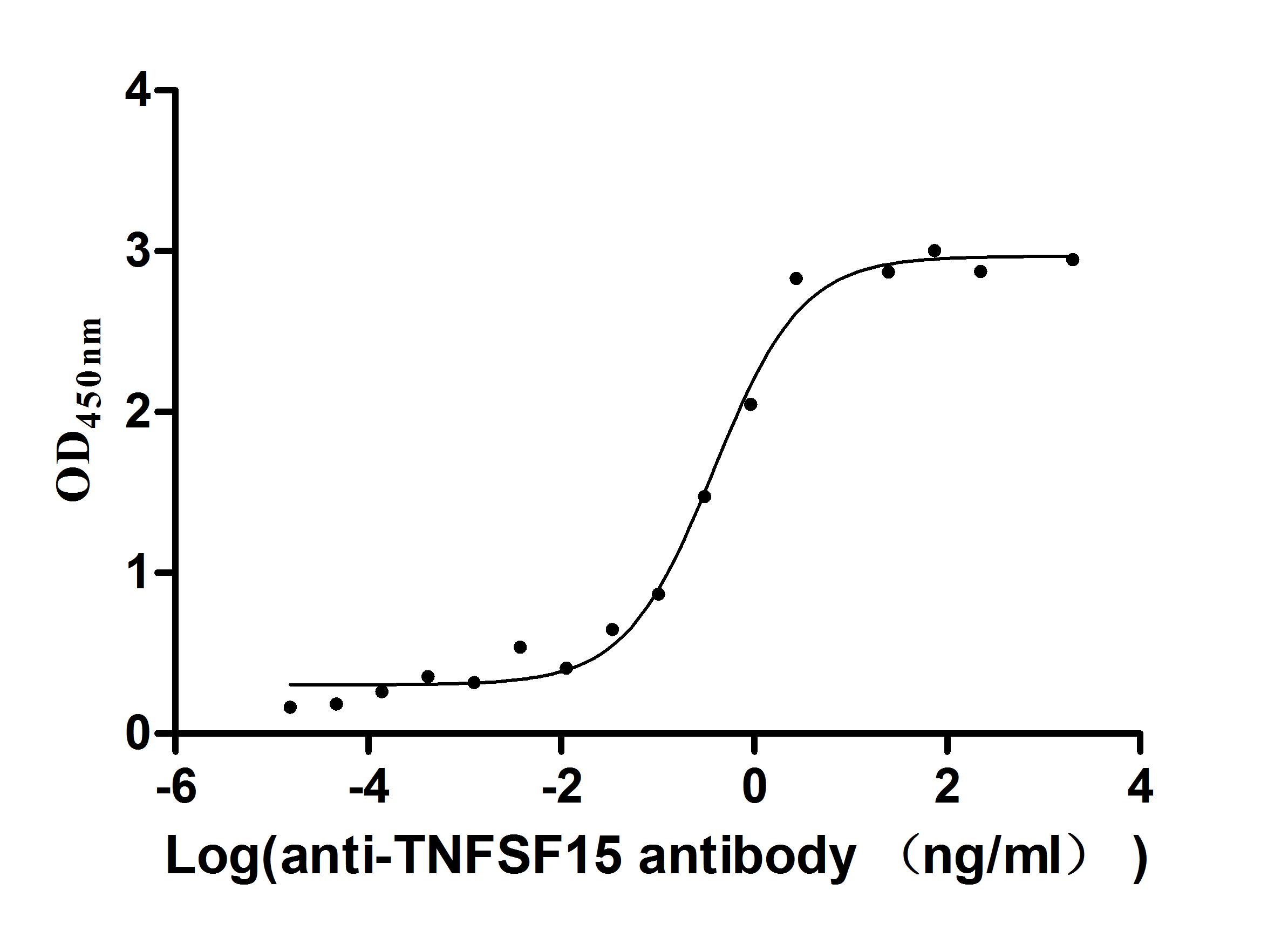Recombinant Bovine Cellular tumor antigen p53 (TP53)
-
货号:CSB-YP024077BO
-
规格:
-
来源:Yeast
-
其他:
-
货号:CSB-EP024077BO
-
规格:
-
来源:E.coli
-
其他:
-
货号:CSB-EP024077BO-B
-
规格:
-
来源:E.coli
-
共轭:Avi-tag Biotinylated
E. coli biotin ligase (BirA) is highly specific in covalently attaching biotin to the 15 amino acid AviTag peptide. This recombinant protein was biotinylated in vivo by AviTag-BirA technology, which method is BriA catalyzes amide linkage between the biotin and the specific lysine of the AviTag.
-
其他:
-
货号:CSB-BP024077BO
-
规格:
-
来源:Baculovirus
-
其他:
-
货号:CSB-MP024077BO
-
规格:
-
来源:Mammalian cell
-
其他:
产品详情
-
纯度:>85% (SDS-PAGE)
-
基因名:
-
Uniprot No.:
-
别名:TP53; Cellular tumor antigen p53; Tumor suppressor p53
-
种属:Bos taurus (Bovine)
-
蛋白长度:Full length protein
-
表达区域:1-386
-
氨基酸序列MEESQAELNV EPPLSQETFS DLWNLLPENN LLSSELSAPV DDLLPYTDVA TWLDECPNEA PQMPEPSAPA APPPATPAPA TSWPLSSFVP SQKTYPGNYG FRLGFLQSGT AKSVTCTYSP SLNKLFCQLA KTCPVQLWVD SPPPPGTRVR AMAIYKKLEH MTEVVRRCPH HERSSDYSDG LAPPQHLIRV EGNLRAEYLD DRNTFRHSVV VPYESPEIDS ECTTIHYNFM CNSSCMGGMN RRPILTIITL EDSCGNLLGR NSFEVRVCAC PGRDRRTEEE NLRKKGQSCP EPPPRSTKRA LPTNTSSSPQ PKKKPLDGEY FTLQIRGFKR YEMFRELNDA LELKDALDGR EPGESRAHSS HLKSKKRPSP SCHKKPMLKR EGPDSD
-
蛋白标签:Tag type will be determined during the manufacturing process.
The tag type will be determined during production process. If you have specified tag type, please tell us and we will develop the specified tag preferentially. -
产品提供形式:Lyophilized powder
Note: We will preferentially ship the format that we have in stock, however, if you have any special requirement for the format, please remark your requirement when placing the order, we will prepare according to your demand. -
复溶:We recommend that this vial be briefly centrifuged prior to opening to bring the contents to the bottom. Please reconstitute protein in deionized sterile water to a concentration of 0.1-1.0 mg/mL.We recommend to add 5-50% of glycerol (final concentration) and aliquot for long-term storage at -20℃/-80℃. Our default final concentration of glycerol is 50%. Customers could use it as reference.
-
储存条件:Store at -20°C/-80°C upon receipt, aliquoting is necessary for mutiple use. Avoid repeated freeze-thaw cycles.
-
保质期:The shelf life is related to many factors, storage state, buffer ingredients, storage temperature and the stability of the protein itself.
Generally, the shelf life of liquid form is 6 months at -20°C/-80°C. The shelf life of lyophilized form is 12 months at -20°C/-80°C. -
货期:Delivery time may differ from different purchasing way or location, please kindly consult your local distributors for specific delivery time.Note: All of our proteins are default shipped with normal blue ice packs, if you request to ship with dry ice, please communicate with us in advance and extra fees will be charged.
-
注意事项:Repeated freezing and thawing is not recommended. Store working aliquots at 4°C for up to one week.
-
Datasheet :Please contact us to get it.
靶点详情
-
功能:Acts as a tumor suppressor in many tumor types; induces growth arrest or apoptosis depending on the physiological circumstances and cell type. Involved in cell cycle regulation as a trans-activator that acts to negatively regulate cell division by controlling a set of genes required for this process. One of the activated genes is an inhibitor of cyclin-dependent kinases. Apoptosis induction seems to be mediated either by stimulation of BAX and FAS antigen expression, or by repression of Bcl-2 expression. Its pro-apoptotic activity is activated via its interaction with PPP1R13B/ASPP1 or TP53BP2/ASPP2. However, this activity is inhibited when the interaction with PPP1R13B/ASPP1 or TP53BP2/ASPP2 is displaced by PPP1R13L/iASPP. In cooperation with mitochondrial PPIF is involved in activating oxidative stress-induced necrosis; the function is largely independent of transcription. Prevents CDK7 kinase activity when associated to CAK complex in response to DNA damage, thus stopping cell cycle progression. Induces the transcription of long intergenic non-coding RNA p21 (lincRNA-p21) and lincRNA-Mkln1. LincRNA-p21 participates in TP53-dependent transcriptional repression leading to apoptosis and seems to have an effect on cell-cycle regulation. Regulates the circadian clock by repressing CLOCK-ARNTL/BMAL1-mediated transcriptional activation of PER2.
-
基因功能参考文献:
- The effect of p53 expression on the development of cloned embryos, and its interaction with HDAC1 and DNMT3A are reported. PMID: 25753134
- Bov-A2 insertion into the TP53 promoter in Antilopinae and Tragelaphini may not only provide a genetic network that regulates mammary involution, but can also answer the need for rapid mammary involution in Savanna antelopes PMID: 25653076
- PI3K/Akt and p53 are redox-regulated in bovine aortic endothelial cells exposed to hydrogen peroxide PMID: 14588144
- Results demonstrate that embryonic developmental potential is related to the time of first cleavage and that p66(shc), but not p53, is up-regulated in early arrested in vitro-produced bovine embryos. PMID: 15064348
-
相关疾病:p53 is found in increased amounts in a wide variety of transformed cells. p53 is frequently mutated or inactivated in many types of cancer.
-
亚细胞定位:Cytoplasm. Nucleus. Nucleus, PML body. Endoplasmic reticulum. Mitochondrion matrix. Cytoplasm, cytoskeleton, microtubule organizing center, centrosome.
-
蛋白家族:P53 family
-
数据库链接:
KEGG: bta:281542
STRING: 9913.ENSBTAP00000001420
UniGene: Bt.49712
Most popular with customers
-
Recombinant Dog B-lymphocyte antigen CD20 (MS4A1)-VLPs (Active)
Express system: Mammalian cell
Species: Canis lupus familiaris (Dog) (Canis familiaris)
-
Recombinant Macaca fascicularis CD44 antigen (CD44), partial (Active)
Express system: Mammalian cell
Species: Macaca fascicularis (Crab-eating macaque) (Cynomolgus monkey)
-
Recombinant Human Oncostatin-M (OSM), partial (Active)
Express system: Mammalian cell
Species: Homo sapiens (Human)
-
Recombinant Human Kidney-associated antigen 1(KAAG1) (Active)
Express system: E.coli
Species: Homo sapiens (Human)
-
Recombinant Human Tumor necrosis factor ligand superfamily member 15(TNFSF15) (Active)
Express system: Mammalian cell
Species: Homo sapiens (Human)
-
Express system: Mammalian cell
Species: Homo sapiens (Human)


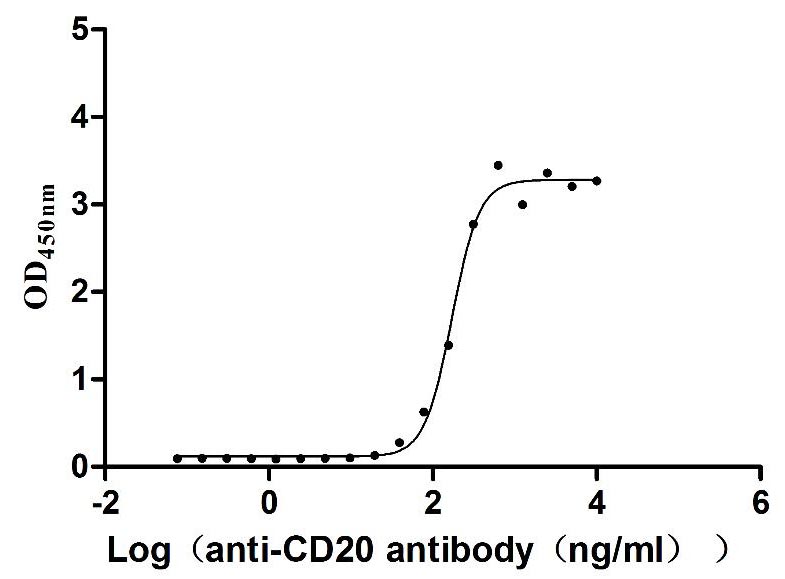
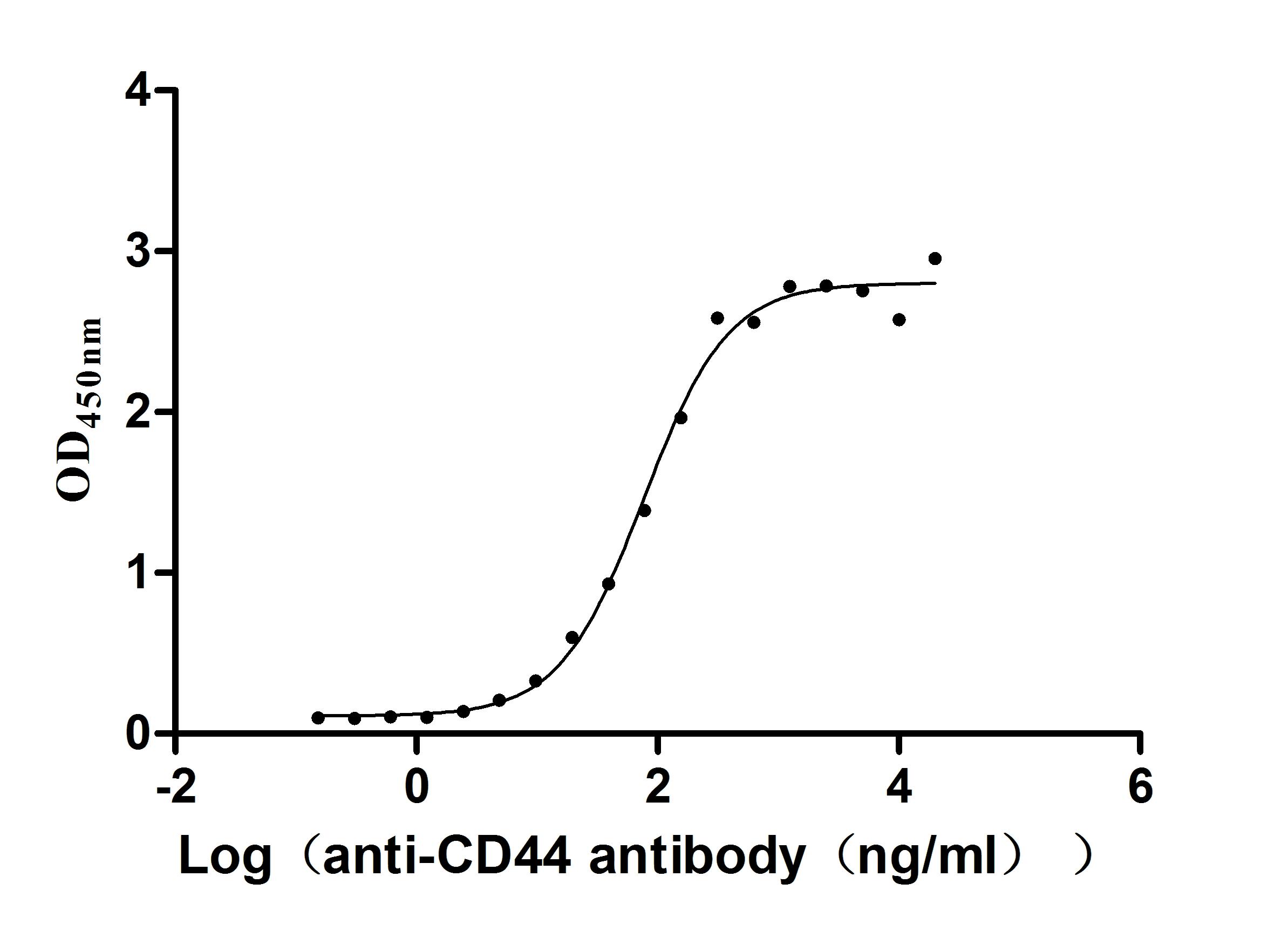
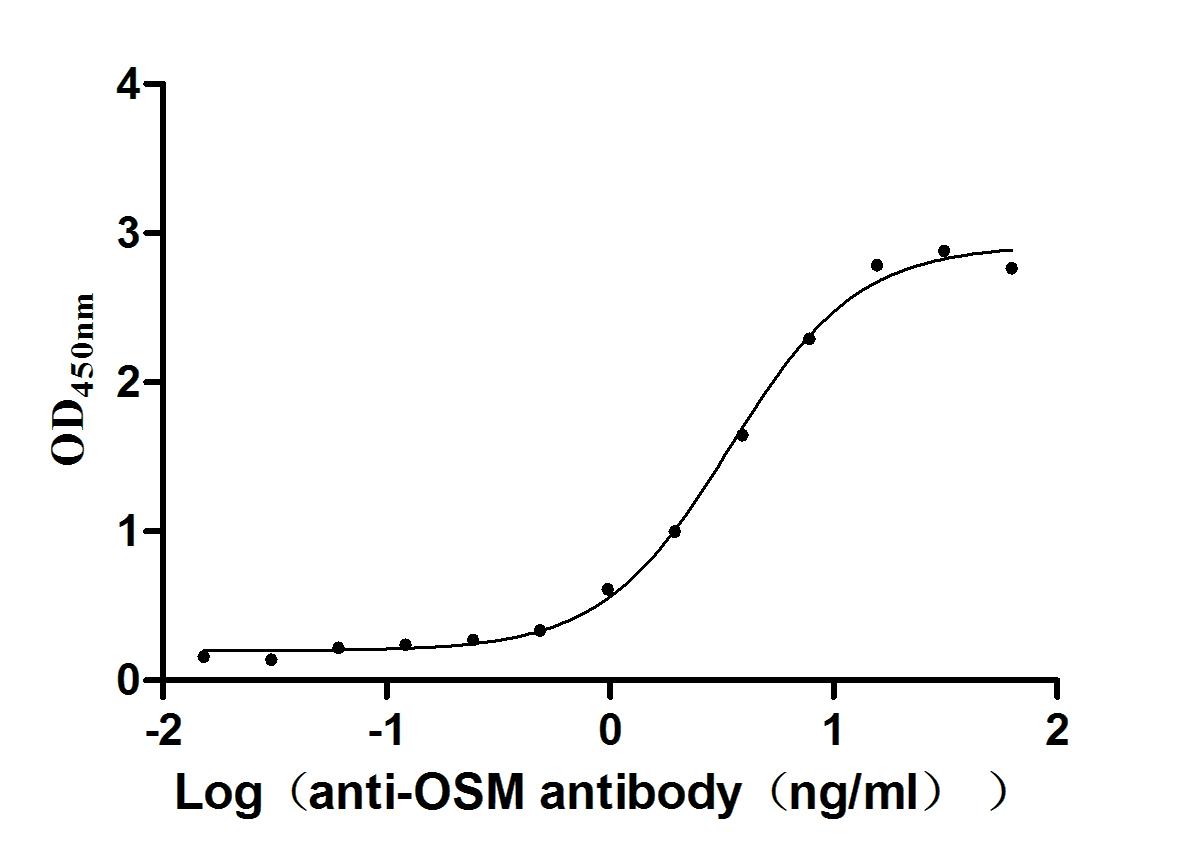
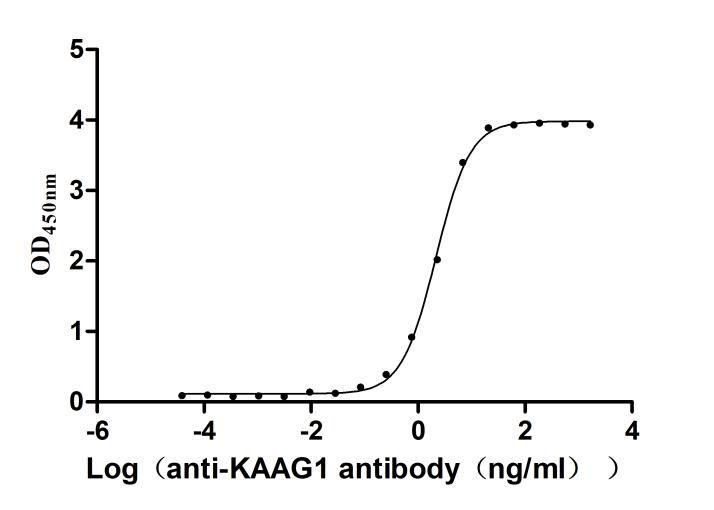
-AC1.jpg)
